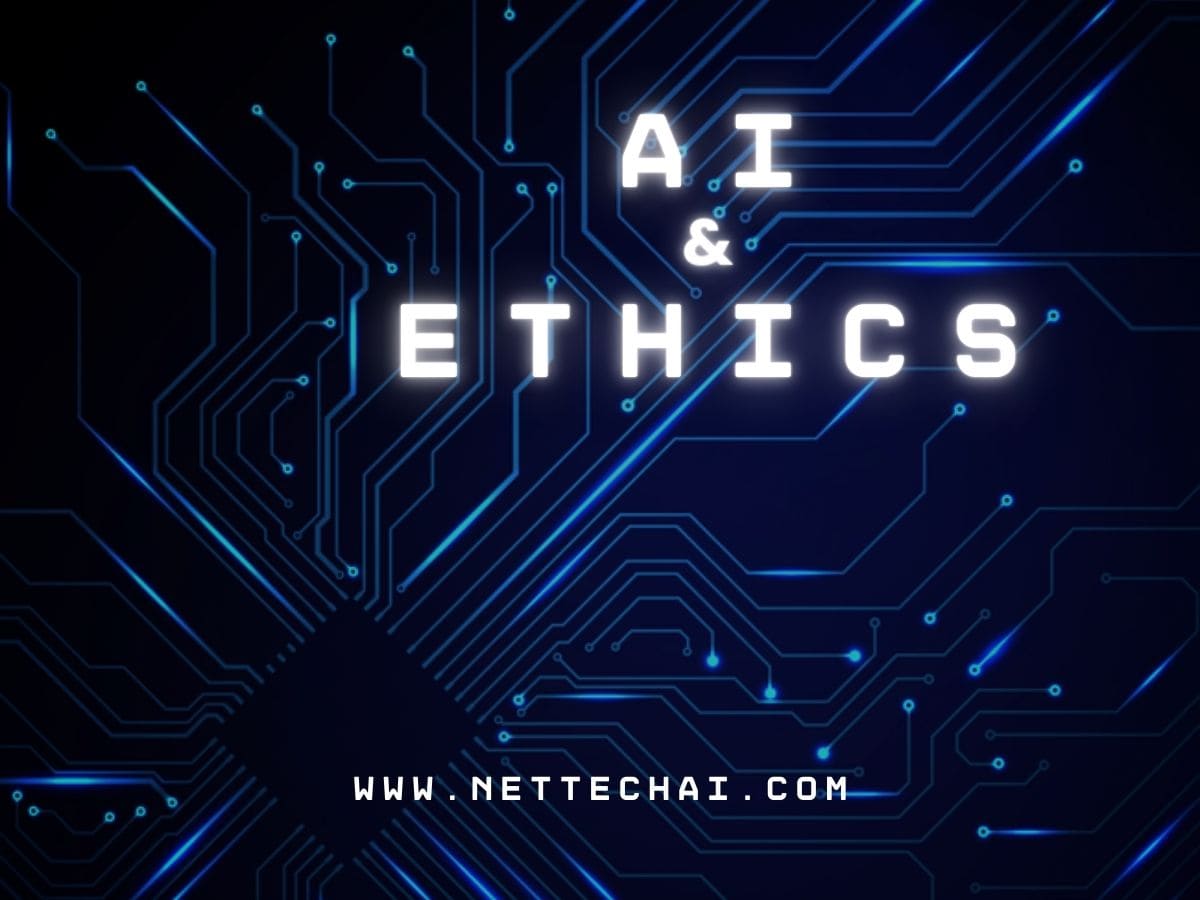In the realm of artificial intelligence (AI), ethical considerations hold paramount importance. This article embarks on a journey through the intricate interplay of AI and ethics, illuminating the significance of ethical AI development, delving into biases and fairness, exploring transparency and accountability, and addressing the societal impact of AI on jobs and education.
Understanding Ethical AI
Ethical AI or AI and Ethics
Is not merely a concept but a crucial imperative. As AI permeates various aspects of our lives, ethical considerations guide its development and deployment. The repercussions of unethical AI can be far-reaching, affecting individuals, societies, and even shaping the course of technological progress.
Potential Consequences of Unethical AI
The consequences of unethical AI are multifaceted. AI systems can perpetuate biases, infringe on privacy, and even amplify misinformation. Without ethical safeguards, AI’s potential to enhance our lives may inadvertently lead to harm and exacerbate existing societal issues.
Bias and Fairness in AI
AI, while powerful, is susceptible to biases that exist in the data it learns from. Addressing these biases and ensuring fairness are paramount in ethical AI development.
Identifying and Mitigating Biases
AI algorithms can inadvertently inherit biases present in training data. It’s vital to recognize these biases and employ techniques that mitigate them. From data preprocessing to algorithm design, developers must actively work to reduce bias and promote equity.
Ensuring Fairness and Inclusivity
Ethical AI emphasizes fairness and inclusivity. Developing AI systems that cater to diverse user groups without perpetuating stereotypes is essential. Fairness measures, such as demographic parity and equal opportunity, help rectify biases and promote equitable outcomes.
Transparency and Accountability
Transparency and accountability form the bedrock of ethical AI practices.
OpenAI Initiatives and Transparency
Initiatives like OpenAI underscore transparency in AI decision-making. Opening up the decision-making processes of AI systems ensures that users can understand the rationale behind AI-generated outcomes. This transparency is a step toward building trust between humans and machines.
Holding AI Developers Accountable
Ethical AI necessitates that developers be held accountable for system behavior. Just as humans are accountable for their actions, developers bear the responsibility of ensuring AI systems align with ethical guidelines. This includes continuous monitoring, rapid response to unexpected outcomes, and measures to rectify harm.
AI’s Impact on Jobs and Society
AI’s transformative potential extends to societal and economic realms, leading to important considerations about its impact on jobs and education.
Addressing Concerns about Job Displacement
AI’s automation capabilities have sparked concerns about job displacement. However, history shows that technological advancements create new job opportunities. Repetitive tasks may be automated, but the demand for skills related to AI development, data analysis, and human-AI collaboration is on the rise.
AI’s Role in Education and Upskilling
AI’s impact on education is profound. It can personalize learning experiences, adapt to individual student needs, and enhance teacher productivity. Moreover, AI education initiatives can equip individuals with the skills needed to collaborate with AI systems and contribute effectively to the workforce.
Looking Ahead
The future of AI and ethics is intertwined, shaping the evolution of technology and society.
Ethics as a Foundational Principle
Ethical considerations will increasingly become a foundational principle in AI development. Developers, researchers, and policymakers must work collaboratively to ensure that AI benefits humanity while upholding ethical values.
AI’s Role in AI and Ethics: Navigating the Moral Landscapen Empowerment
AI’s ethical development has the potential to empower individuals and communities. From healthcare to education, AI-driven solutions can democratize access to services and opportunities, fostering inclusivity and equality.
In conclusion, ethical considerations in AI are non-negotiable. As AI becomes integral to our lives, ensuring that it is developed and deployed ethically is of paramount importance. Addressing biases, fostering transparency, and preparing for the societal impacts of AI are essential steps toward harnessing its potential for the betterment of humanity. Through a conscious commitment to ethical AI, we navigate the complex terrain of technology with an unwavering moral compass.








One thought on “AI and Ethics: Navigating the Moral Landscape”
Comments are closed.